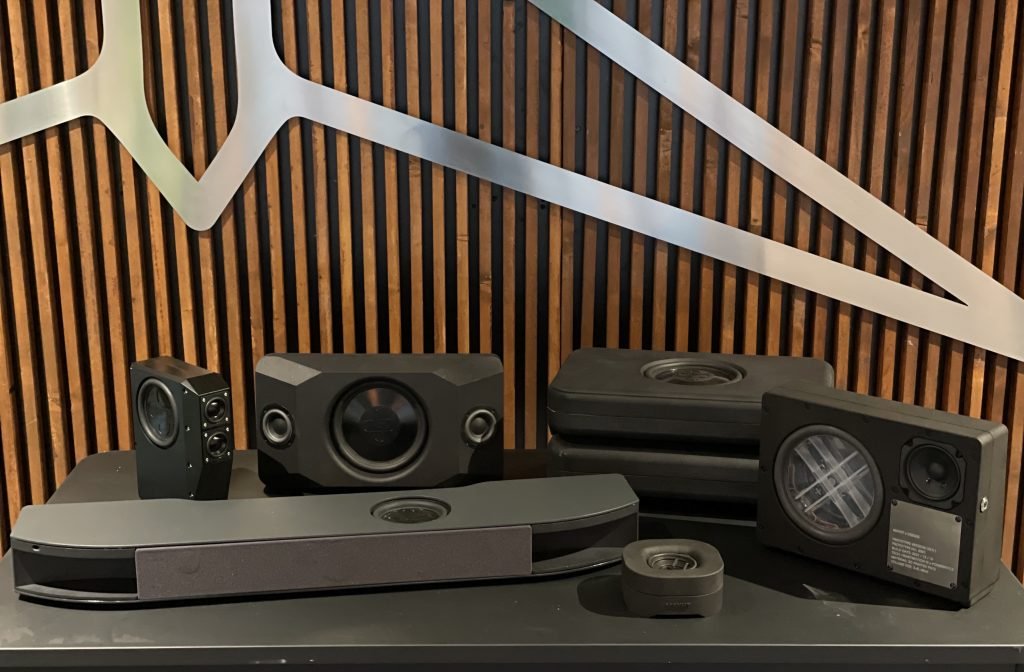Sonos has announced it is acquiring Mayht, a Netherlands-based company that showed off new audio transducer tech at CES this year.
Mayht’s Heartmotion technology replaces conventional drivers to create speakers that are 10 times more compact than current speakers. During its CES demo, Mayht said the reduction in size for the audio drivers doesn’t compromise sound quality, range, or output.
“While consumer electronics have grown more powerful and compact in recent years, the core speaker technology within has hardly evolved over the past 100 years,” says Mayht Chief Executive Mattias Scheek. “I truly believe our Heartmotion speaker technology is the revolution the industry has been dreaming of, but never thought possible. They will finally be able to create the sound experiences people want from everyday consumer electronics and automotive audio systems.”
Apparently Sonos agrees with the Mayht CEO, because shortly after the CES demo, Sonos went to work on an acquisition.
“Mayht’s breakthrough in transducer technology will enable Sonos to take another leap forward in our product portfolio,” says Patrick Spence, CEO of Sonos. “This strategic acquisition gives us more incredible people, technology, and intellectual property that will further distinguish the Sonos experience, enhance our competitive advantage, and accelerate our future roadmap.”
Sonos acquired Mayht for $100 million in existing cash on hand. Further details about the strategic acquisition will be provided in Sonos’ Q2 earnings call, coming in May.
“We are very excited and proud to become a part of Sonos,” adds Mattias Scheek. “Our dream has always been to set a new standard in the audio industry. The integration of our technology into Sonos products will further revolutionize high-quality sound.”
Sonos recently sued Google, alleging the tech giant stole proprietary tech to build out its own smart speaker platform. The US International Trade Commission agreed that Google infringed on at least five audio technology patents held by Sonos. Since then, Google has worked on software updates that fundamentally change its smart speaker ecosystem. Users can no longer adjust speaker volume as a group or use the volume rocker on a connected device.

